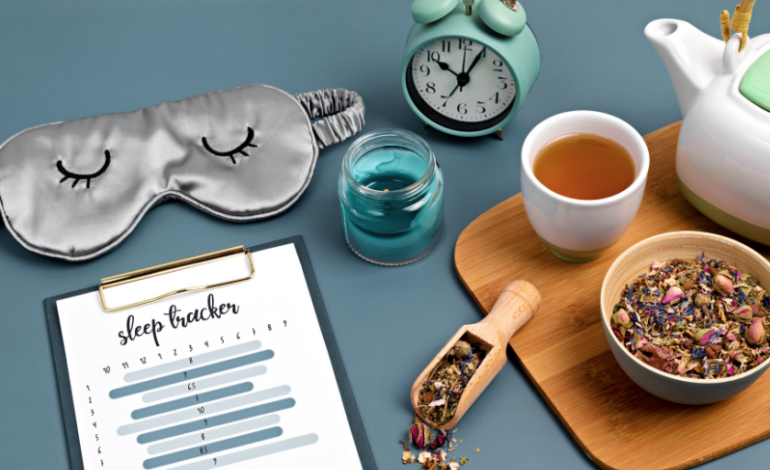A Definitive Guide to Sleep Hygiene for Improved Rest 2023

If you struggle with getting a restful night’s sleep, it could be that you need to give your sleep hygiene routine a boost! In this article, we will explore the importance of having an optimal sleep hygiene routine and provide some tips on what steps you can take to ensure you get quality rest. Discover how the most current research in the field of sleep hygiene indicates that there are several simple changes 2023 brings can make to help improve your sleep quality.
Establish a Sleep Schedule and Try to Stick to It
Having a consistent sleep schedule is one of the most important parts of maintaining proper sleep hygiene. Choose a set time that you’ll go to bed each night and aim to wake up around the same time every day, even on the weekends. Establishing this routine will help you to condition your body for better quality sleep in the long run.
Sleep hygiene is all about adopting healthy habits and routines that promote good sleep. One of the most important things you can do for your sleep is to establish a regular sleep schedule and stick to it as much as possible. This means going to bed and getting up at the same time each day, even on weekends.
Creating a sleep schedule gives your body a cues when it’s time to wind down for the night and preparing for sleep. Sticking to a set bedtime can also help you avoid tossing and turning at night by making sure you’re not trying to sleeping when you’re not tired.
If you have trouble sticking to a regular sleep schedule, start small by picking two or three nights a week to commit to your new bedtime.Gradually increase the number of nights until you’re sleeping on a regular schedule most nights of the week.
Create a Bedtime Ritual That Helps You Wind Down
When it comes to creating a regular sleep schedule, it’s important to create a bedtime ritual that helps your mind relax and prepare for sleep. Start slowly transitioning into bedtime an hour before you plan to actually wind down. Avoid using any screens or doing anything too stimulating during this time, as the blue light emitted may disrupt your melatonin production and make it more difficult to fall asleep. Try reading, writing in a journal, or listening to calm music instead.
Establish a regular sleep schedule by going to bed and waking up at the same time each day. This will help train your body to know when it’s time to sleep. Create a relaxing environment in your bedroom by making sure it’s dark, quiet, and cool- temperature wise. This will help cue your body that it’s time to relax and sleep.
Limit Your Alcohol and Caffeine Consumption
Believe it or not, drinking alcohol and caffeine can severely impact your sleep quality. Alcohol is known as a depressant and can interfere with the deep stages of sleep. Caffeine intake too close to bedtime can have similar effects, as caffeine blocks certain neurotransmitters from transmitting messages throughout your brain and body, making it more difficult to relax. Try having your last cup of coffee by mid-afternoon if possible, and keep alcohol consumption to a minimum prior to bedtime.
Commit To Regular Exercise During The Day and Avoid Working Out Too Closely To Bedtime
It is important to commit to regular exercise during the day and avoid working out too closely to bedtime in order to improve rest. Regular exercise has numerous benefits for both the body and mind, including reducing stress, improving mood, and aiding in weight loss.
Regular exercise is important for both physical and mental health. But exercising too close to bedtime can make it harder for you to fall asleep as your core temperature is still increased, making it more difficult to relax. To get the most restful sleep possible, give yourself at least two to three hours between winding down and hitting the sack. If that is not possible, consider a lighter activity such as stretching or yoga.
Allow Enough Time For A Full Night’s Sleep And Aim For At Least Seven Hours Per Night
Although everyone’s sleep needs vary, it’s generally recommended to have at least seven hours of quality sleep per night in terms of good sleep hygiene. To achieve that, be sure to allow the appropriate time for a full night’s sleep and make sure you get into bed early enough so you can wake up feeling refreshed. Going to bed and getting up around the same time each day is also beneficial in setting your circadian rhythm, aka “body clock.”
Warning: this article does not constitute medical advice. The article contains the author’s personal opinion and personal conclusions and observations. If you have problems with sleep or are interested in other issues related to it, it is better to consult your doctor.









